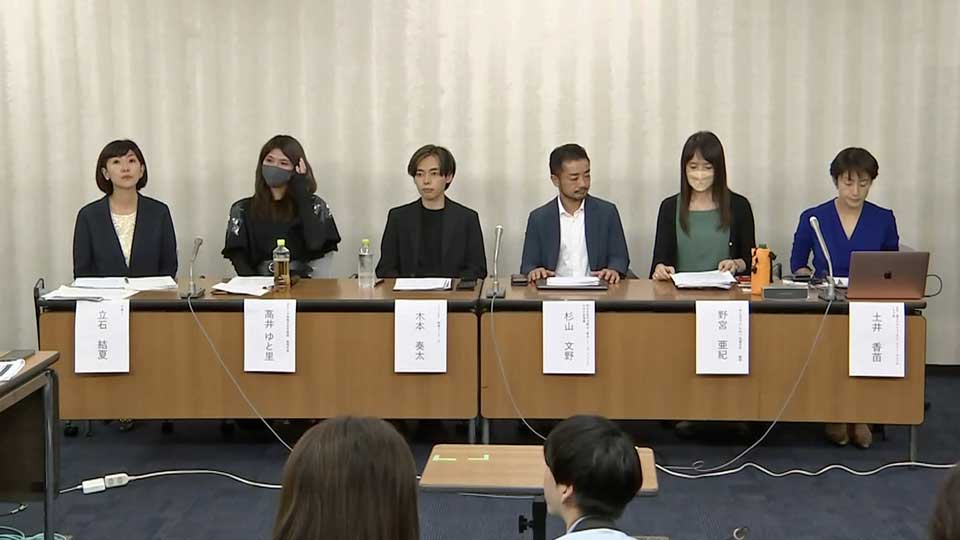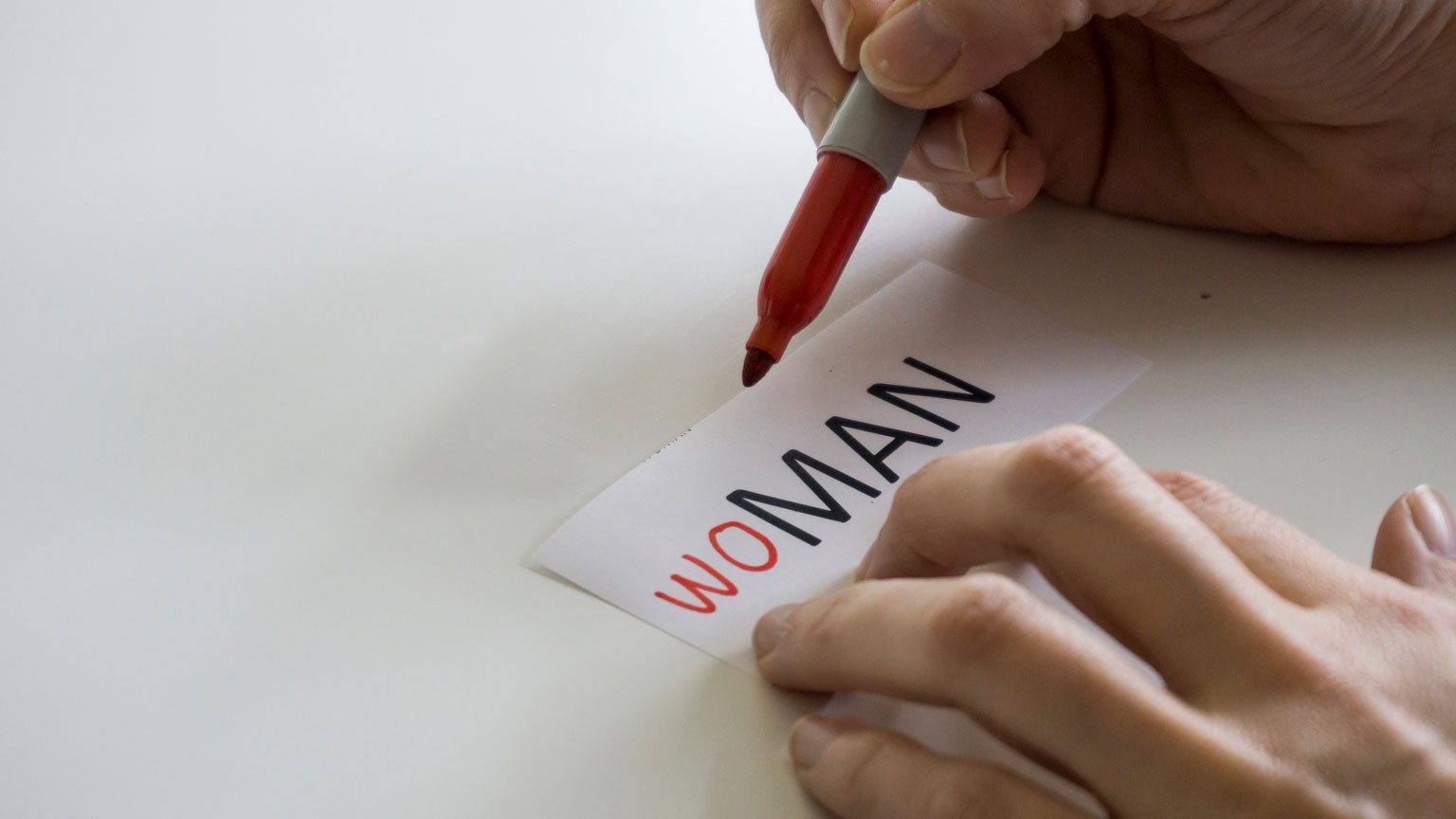Japanese law currently stipulates people can change their gender on their family register if certain conditions are met, including the removal of their reproductive abilities.
The Supreme Court is now considering a petition to lift that requirement. The petitioner, who is listed as male on her family register but identifies as a woman, wants to change her registry without undergoing surgery.
She claims the policy violates Japan's Constitution, which mandates respect for individuals and equality under the law. The petition so far has been rejected by both a family court and a high court.
Supreme Court hearing
The Grand Bench of the Supreme Court — consisting of all 15 justices — heard from two lawyers on September 27 on behalf of their client, who did not attend the hearing.
The lawyers explained at a post-hearing news conference that their client's reproductive capability had already been diminished by years of hormone therapy. They added that surgery entails physical suffering and poses risks of aftereffects as well as a financial burden. They argued that the surgery requirement infringes on the right to have one's gender identity respected.

They said the Supreme Court justices had heard from their client the day before in a closed-door session. There, the petitioner spoke about the difficulty and disadvantages of living with a mismatched gender registry.
"I hope the Supreme Court's decision helps create a social system that makes the lives of many suffering people easier," said lawyer Yoshida Masafumi.
LGBTQ community pushing for change
The Japan Alliance for LGBT Legislation held a news conference ahead of the Supreme Court hearing. The group has been calling for the abolishment of the surgery requirement.

"A country should not make decisions about a person's body," says Kimoto Kanata, who was listed as female on his family register at birth but changed his gender to male after he underwent surgery.
Kimoto said that he would not have had surgery if it had not been required, and that he felt desperate when he had to make the choice. He noted that the surgery cost about 2 million yen, or 13,000 dollars.
"I hope society will become one in which people can freely choose their gender," Kimoto said.
Sugiyama Fumino, who is listed as female on his family register but identifies as a man, said a mismatched gender registry causes problems.
"There should be an option for those who wish to undergo surgery, but those who don't shouldn't be forced to do so," Sugimoto said.
Five requirements
The special law for people with gender identity disorder came into effect in 2004. The law stipulates that for people to legally change their gender, they must be diagnosed as having gender identity disorder by multiple doctors and they 1) must be at least 18 years old; 2) must be single; 3) must not have a minor child; 4) must be sterilized; and 5) must have a body with parts that resemble the genital organs of their identified gender.
The top court has already reviewed the constitutionality of the sterilization requirement. In January 2019, four justices unanimously concluded that the provision was constitutional, saying the birth of a child to a transgender person could cause social confusion. But two of the four judges attached supplementary opinions to their decision that acknowledged doubts about the provision's constitutionality, stating that the surgical requirement restricts freedom from being harmed.
From 2004 to 2022, 11,919 people changed their listed gender in their family registers based on the special law.

Sterilization requirements
A 2014 joint statement released by the World Health Organization and other groups said sterilization requirements "run counter to respect for bodily integrity, self-determination and human dignity, and can cause and perpetuate discrimination against transgender and intersex persons." It added, "State parties' obligation to respect the right to health requires that they abstain from imposing discriminatory practices. This includes an obligation to respect the rights of persons with disabilities and transgender and intersex persons, who also have the right to retain their fertility."
Five years later, the WHO adopted the latest version of its International Classification of Diseases, which has removed "gender identity disorders" from the "mental disorders" section. The new edition describes "gender identity disorders" as "gender incongruence."
A recent survey conducted by an international organization shows Japan is one of 18 United Nations member countries that require surgery. At least 17 member nations, including Argentina and Denmark, allow people to self-identify their gender.

